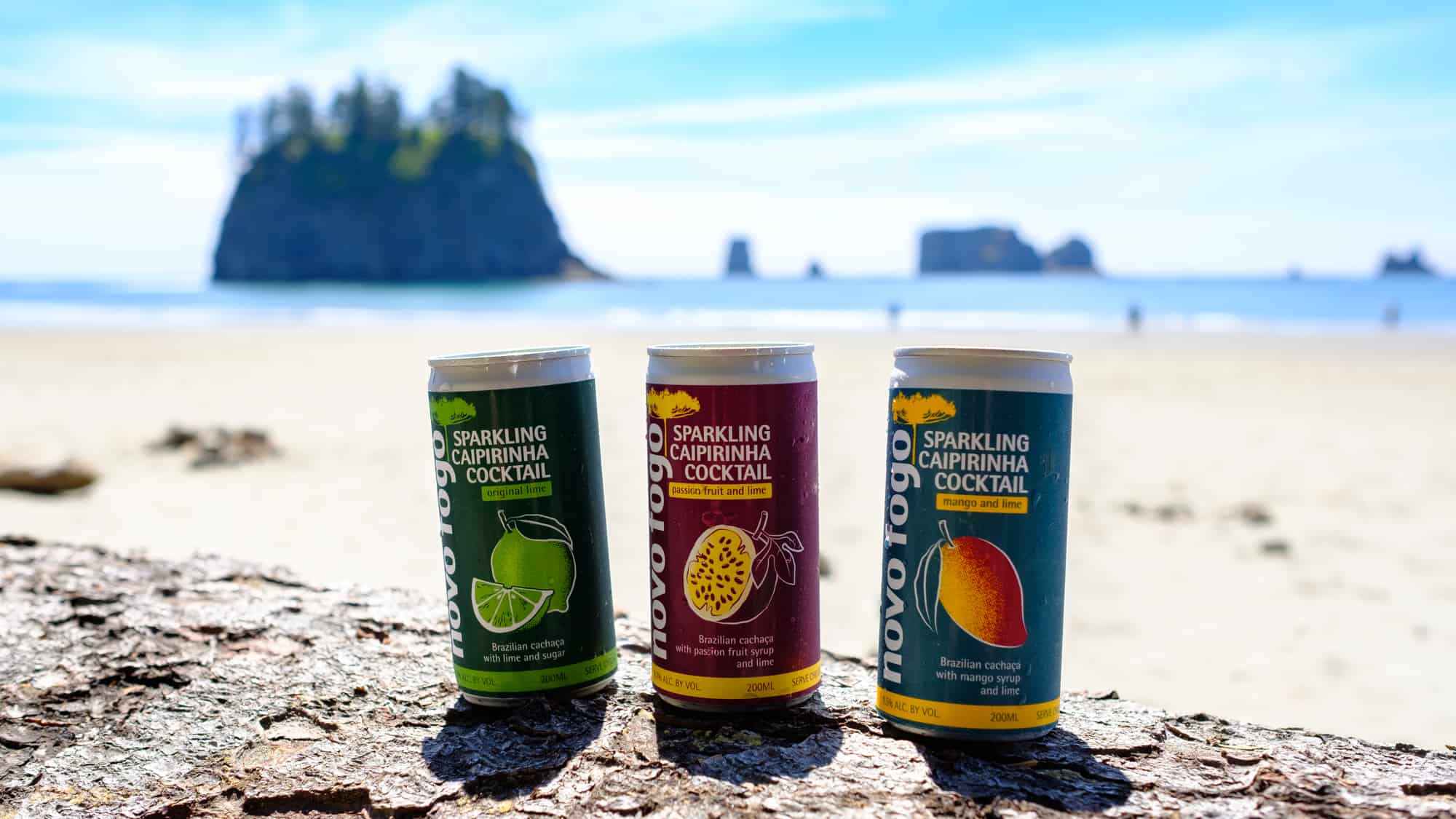The three canned Sparkling Caipirinha cocktails that we released in the summer of 2019 feature refined recipes, updated can labels, and new 4-pack boxes. We are really proud of how they turned out. Every product launch is complex and costly, and this one was no different. The process of getting new cans to hold these tasty new drinks was especially challenging, and it provides a peek into our world as an independent spirits company.
The work of getting cans produced is complicated. Aluminum cans with printed labels are produced in gigantic quantities at a time. There is just one company that produces 200 mL aluminum cans in the US (the Ball Corporation), and they produce this can size only several times a year. The label content on our cans must first be approved by the US Alcohol and Tobacco Tax and Trade Bureau (TTB), which regulates the labeling of alcoholic beverages according to very specific rules. We had to get a TTB-issued Certificate of Label Approval (COLA) for each of our three new Sparkling Caipirinha cocktails before producing a ton of cans with new printed labels.
The longest government shutdown in US history, from December 2018 to January 2019, threw a wrench into the cogs of our new Sparkling Caipirinha launch. With the TTB office shuttered for the monthlong government shutdown, our can label applications were frozen somewhere in the system. When the government reopened, the backlog of approval requests from alcoholic beverage companies added an even longer delay. Ultimately, we missed our intended deadline to print new Sparkling Caipirinha cans before our summer launch.
But we like to think that dealing with ambiguity is one of our strong suits. In order to get our new Sparkling Caipirinhas onto the market as soon as we could, we elected to repurpose our inventory of old printed cans to hold the new liquids. We decided to cover the artwork on the previous cans with an adhesive label and eventually a plastic shrink sleeve.
This solution allowed us to avoid wasting our old can inventory, and zero-waste is one of our most aspirational core values. You should recycle the can normally when empty. The labels will be burned off during the aluminum smelting process. As a carbon-negative company, we’re calculating the added emissions these labels will add to the recycling process. We’re adding those emissions to our carbon footprint that we offset through NativeEnergy, our preferred carbon offsets provider.
Reducing waste and finding creative solutions to bring our tasty canned cocktails to the market—we’ll call that a win!


